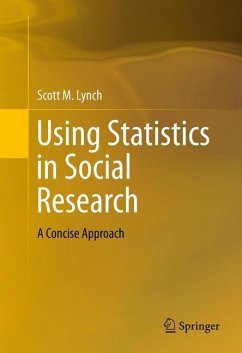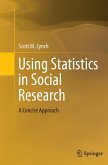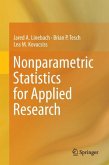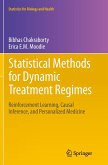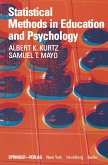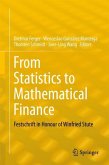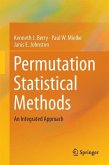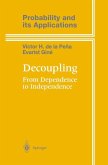This book covers applied statistics for the social sciences with upper-level undergraduate students in mind. The chapters are based on lecture notes from an introductory statistics course the author has taught for a number of years. The book integrates statistics into the research process, with early chapters covering basic philosophical issues underpinning the process of scientific research. These include the concepts of deductive reasoning and the falsifiability of hypotheses, the development of a research question and hypotheses, and the process of data collection and measurement. Probability theory is then covered extensively with a focus on its role in laying the foundation for statistical reasoning and inference. After illustrating the Central Limit Theorem, later chapters address the key, basic statistical methods used in social science research, including various z and t tests and confidence intervals, nonparametric chi square tests, one-way analysis of variance, correlation, simple regression, and multiple regression, with a discussion of the key issues involved in thinking about causal processes. Concepts and topics are illustrated using both real and simulated data. The penultimate chapter presents rules and suggestions for the successful presentation of statistics in tabular and graphic formats, and the final chapter offers suggestions for subsequent reading and study.
Bitte wählen Sie Ihr Anliegen aus.
Rechnungen
Retourenschein anfordern
Bestellstatus
Storno

